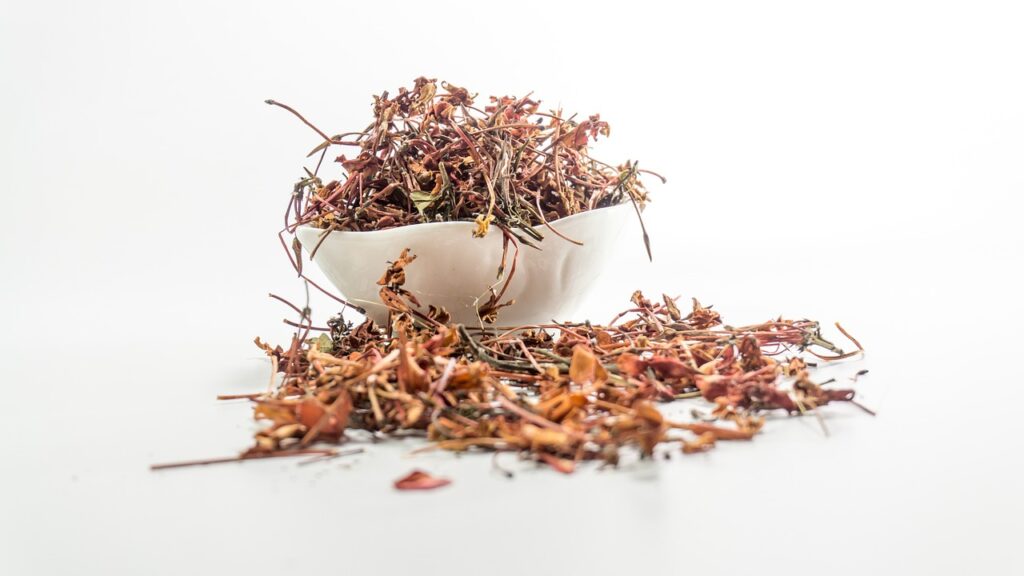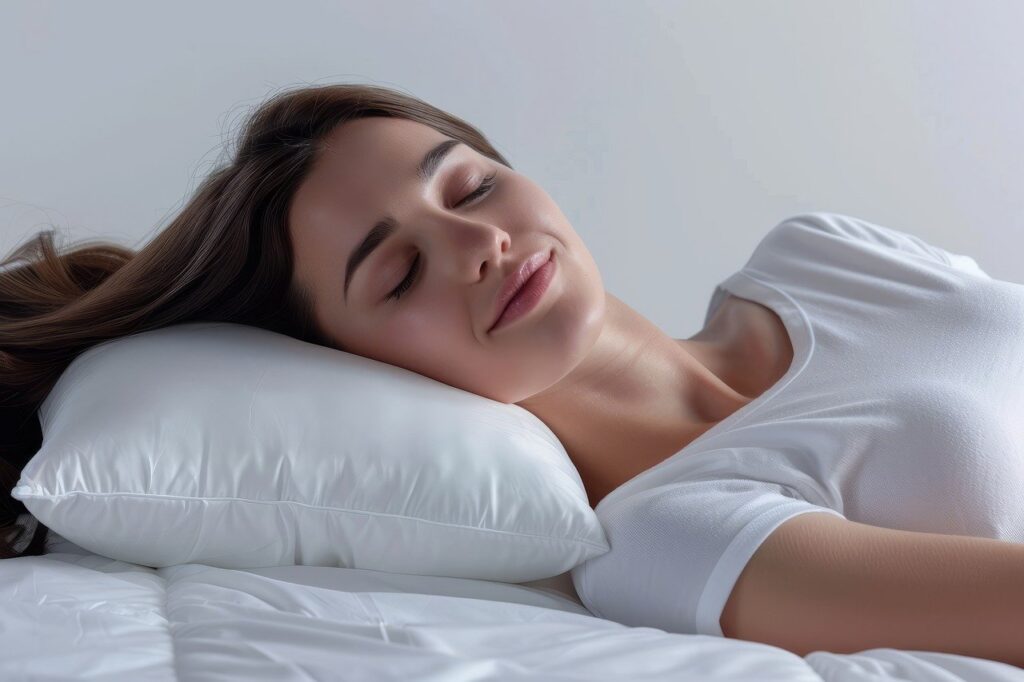Piles, also known as hemorrhoids, are a common and often painful condition characterized by swollen veins in the lower rectum and anus. They can cause symptoms such as itching, bleeding, pain during bowel movements, and discomfort while sitting. While piles are not usually serious, they can be distressing and affect quality of life. Conventional treatments often focus on symptom management, but Ayurveda, the ancient system of medicine from India, offers a holistic approach to treating and managing piles by addressing the root causes of the condition.
In Ayurveda, piles are linked to an imbalance in the Pitta and Vata doshas, with Pitta contributing to the heat and inflammation associated with the condition, and Vata causing dryness and impaired circulation in the digestive system. Ayurveda aims to treat piles by restoring balance to the body, improving digestion, soothing inflammation, and enhancing overall vitality. The treatments include lifestyle changes, dietary modifications, herbal remedies, and therapies that support the healing of the affected tissues.
Symptoms of Piles
The symptoms of piles can vary in severity depending on the type (internal or external) and the stage of the condition. Common symptoms include:
- Pain during or after bowel movements, particularly in the case of external piles.
- Itching around the anus due to irritation and inflammation.
- Swelling or lumps around the anus (external piles).
- Bright red blood in the stool or on toilet paper, often seen with internal piles.
- Mucus discharge from the anus.
- Feeling of incomplete evacuation after a bowel movement.
If left untreated, piles can lead to complications such as blood clots (thrombosis), prolapsed hemorrhoids, and chronic discomfort.
Causes of Piles
Piles can develop due to several factors, most of which are related to increased pressure in the lower rectum or anal area. Some common causes and risk factors include:
- Chronic constipation or diarrhea: Straining during bowel movements or frequent loose stools can put excessive pressure on the veins in the rectal area.
- Pregnancy: The increased pressure on the pelvic veins during pregnancy can lead to the development of hemorrhoids.
- Obesity: Excess weight puts additional pressure on the rectal veins.
- Sitting for prolonged periods: Long periods of sitting, particularly on the toilet, can increase pressure on the veins around the anus.
- Straining during childbirth: Labor and delivery can lead to hemorrhoids due to the intense pressure on the pelvic area.
- Low-fiber diet: A diet low in fiber can lead to constipation, making it harder to pass stools and leading to straining.
- Age: As people age, the tissues that support the veins in the rectum and anus weaken, increasing the likelihood of developing piles.
In Ayurveda, piles are thought to be caused by an imbalance in Pitta (heat, inflammation) and Vata (dryness, irregular movement), leading to congestion, swelling, and discomfort in the rectal area. A diet that exacerbates Pitta or Vata, along with unhealthy lifestyle habits, can worsen the condition.
Ayurvedic Treatment for Piles
Ayurvedic treatment for piles involves a comprehensive approach to healing, which includes dietary changes, herbal remedies, lifestyle modifications, and external therapies. The goal is to reduce inflammation, improve digestion, promote healthy bowel movements, and strengthen the tissue in the affected area.
1. Dietary Modifications
Diet plays a crucial role in managing piles, and Ayurveda emphasizes the importance of eating foods that support digestive health and ease bowel movements. The following dietary changes are recommended:
- High-fiber foods: Foods rich in fiber help soften stool and prevent constipation. Ayurveda recommends incorporating more whole grains, fruits, vegetables, legumes, and nuts into your diet. Fiber-rich foods help improve digestion and prevent straining during bowel movements.
- Cooling foods: Since Pitta dosha is often aggravated in piles, consuming cooling foods like cucumbers, coconut, mint, yogurt, and leafy greens can help soothe inflammation.
- Hydration: Drinking plenty of water is essential to keep stool soft and facilitate smooth bowel movements. Aim to drink at least 8 glasses of water per day, and consider drinking herbal teas such as mint tea, ginger tea, or coriander tea, which help to soothe the digestive system.
- Avoid spicy and oily foods: Foods that are overly spicy, greasy, or acidic can exacerbate Pitta, increase inflammation, and irritate the digestive system, worsening piles.
- Avoid alcohol and caffeine: Both can irritate the intestines and dehydrate the body, which may aggravate constipation and make piles worse.
- Regular meals: Eating at regular intervals helps maintain digestive fire (Agni), improving overall digestion and preventing constipation.
2. Herbal Remedies
Ayurveda uses a variety of herbs that have anti-inflammatory, analgesic, and soothing properties to treat piles. Some of the most effective herbs for piles include:
- Triphala: A well-known Ayurvedic formulation made from three fruits—Amla, Haritaki, and Bibhitaki—Triphala is a powerful digestive tonic. It helps in relieving constipation, cleansing the intestines, and improving regular bowel movements, which are crucial for managing piles.
- Haritaki (Terminalia chebula): Known for its gentle laxative properties, Haritaki helps in softening stools and easing constipation. It is also anti-inflammatory and helps reduce swelling in the rectal area.
- Aloe Vera: Aloe Vera has cooling, anti-inflammatory properties and can be applied topically to the affected area to soothe itching and discomfort. It is also effective in reducing internal inflammation and pain.
- Psyllium husk (Isabgol): A natural fiber supplement, Psyllium husk is commonly used in Ayurveda to relieve constipation. It helps soften the stool, making bowel movements easier and reducing the strain that can exacerbate piles.
- Sahadevi (Sida cordifolia): This herb has been used traditionally to reduce inflammation and swelling in the anal and rectal areas, providing relief from pain and discomfort.
- Guggulu: Known for its anti-inflammatory properties, Guggulu helps in reducing the swelling and inflammation associated with piles and promotes healing.
- Chili powder: In some formulations, chili powder is combined with other herbs to increase circulation and help heal damaged tissues in the anal area. However, it should be used with caution and under the guidance of an Ayurvedic practitioner.
Herbal preparations can be taken in capsule, powder, or decoction form. It is best to consult an Ayurvedic practitioner to determine the most suitable combination and dosage for your specific condition.
3. Lifestyle Modifications
In addition to dietary changes, certain lifestyle habits can help manage and prevent piles:
- Regular exercise: Engaging in regular physical activity, such as walking, yoga, or swimming, promotes healthy circulation and prevents constipation. Avoid prolonged periods of sitting or standing, which can increase pressure on the rectal veins.
- Avoid straining during bowel movements: Straining can cause additional pressure on the veins in the rectal area and make piles worse. Try to relax during bowel movements and avoid holding your breath.
- Proper posture: When using the toilet, maintain a relaxed posture and avoid sitting for long periods. Some people find that placing a small stool under their feet while sitting on the toilet can make bowel movements easier.
- Stress management: Emotional stress can aggravate Pitta, leading to inflammation and digestive issues that contribute to piles. Practices like meditation, deep breathing, and yoga can help reduce stress and maintain balance.
4. External Therapies
Ayurvedic external therapies can be highly effective in relieving the symptoms of piles. These therapies focus on soothing inflammation, improving circulation, and healing the affected tissues:
- Sitz baths: Sitting in warm water with added herbal infusions such as neem, turmeric, or chamomile can help soothe the affected area, reduce swelling, and ease discomfort.
- Topical application of herbal oils: Applying Neem oil, Aloe Vera gel, or Coconut oil to the affected area can help reduce inflammation, promote healing, and provide cooling relief from itching and irritation.
- Panchakarma therapies: Ayurvedic detox treatments, such as Basti (medicated enema), can help cleanse the colon, reduce toxins, and balance the doshas, especially in cases where constipation is a contributing factor to piles.
5. Ayurvedic Medicines for Piles
There are several Ayurvedic medicines that are specifically formulated for the treatment of piles. These medicines combine herbs that address the underlying imbalances in the body and promote healing of the affected area. Some popular Ayurvedic formulations for piles include:
- Piles Care: A comprehensive Ayurvedic remedy that combines herbs like Haritaki, Triphala, Guggulu, and Neem to reduce inflammation, promote regular bowel movements, and improve digestive health.
- Arshakalp Vati: A popular Ayurvedic tablet for the treatment of piles, it contains herbs that help relieve swelling, reduce pain, and prevent recurrence.
- Kasisadi Taila: This medicated oil can be applied topically to soothe the anal region and reduce pain and swelling associated with external hemorrhoids.
It is important to consult with an Ayurvedic practitioner before using any specific medicines to ensure they are appropriate for your condition.
Conclusion
Ayurvedic treatment for piles offers a natural, holistic approach that addresses the root causes of the condition while relieving the painful symptoms. By focusing on balancing the doshas, improving digestion, promoting regular bowel movements, and reducing inflammation, Ayurveda offers a path to healing and long-term relief from piles. Through dietary changes, herbal remedies, lifestyle modifications, and external therapies, Ayurveda provides a comprehensive solution to manage and prevent piles. Always consult a qualified Ayurvedic practitioner for personalized treatment and guidance tailored to your unique health needs.


